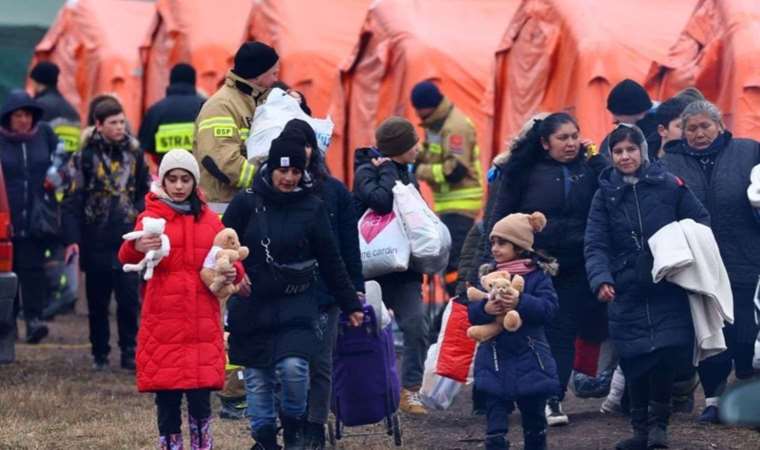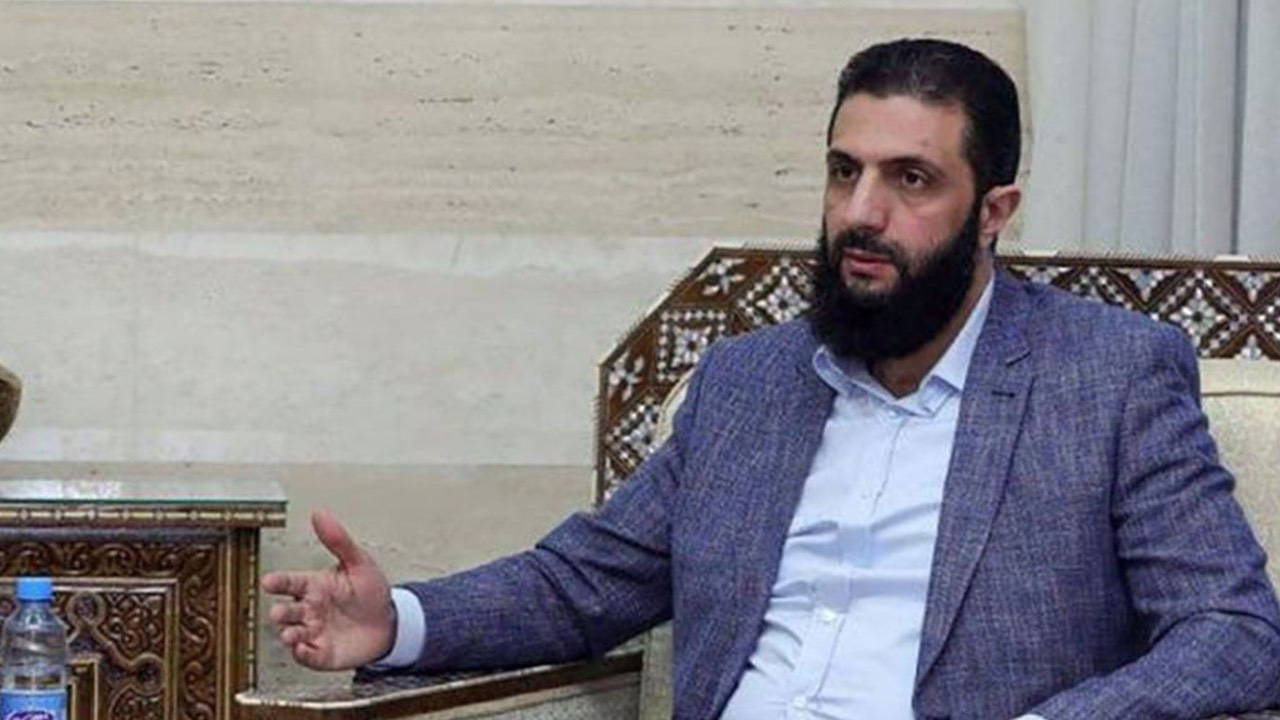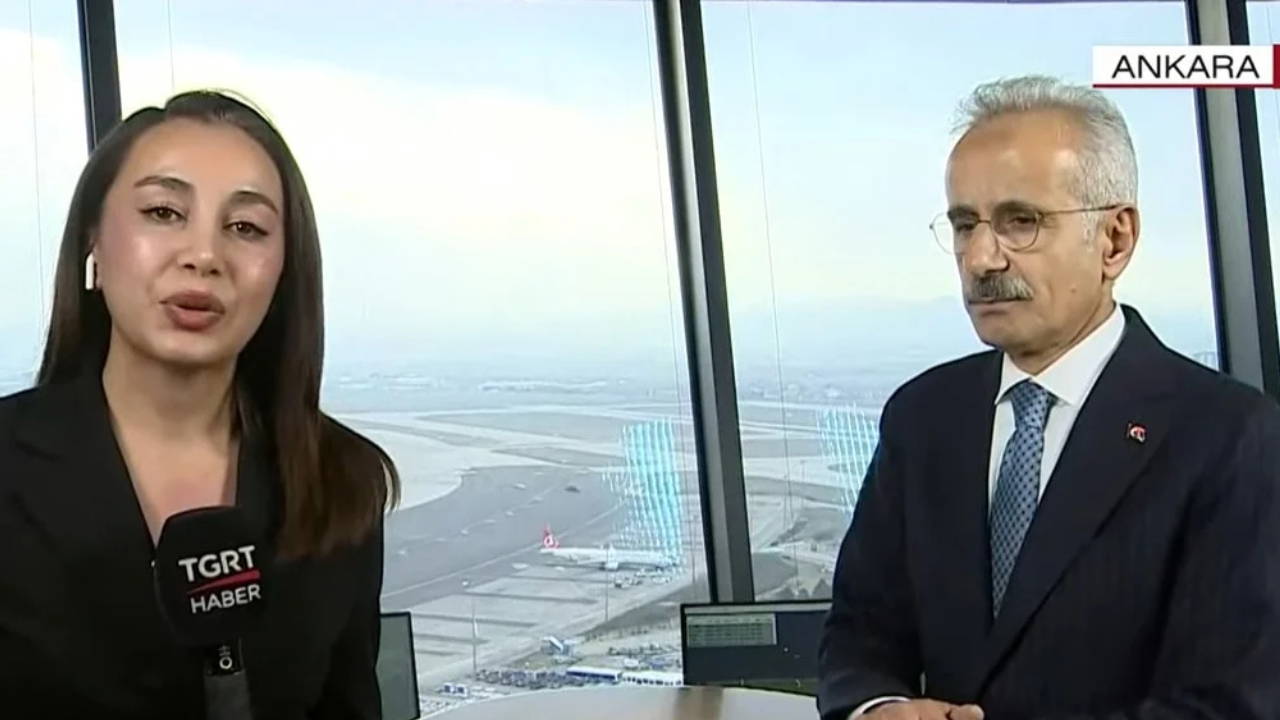The European Union (EU) has recently come under scrutiny for its allegedly discriminatory policies towards refugees, particularly in the context of the ongoing conflict in Ukraine and the influx of migrants from other conflict-ridden regions in Asia and Africa. This raises concerns about the bloc's commitment to provide equal humanitarian assistance and protection to all in need.r
RAPID RESPONSE TO UKRAINIAN REFUGEES
The Russian-Ukrainian War that broke out in February 2022 prompted EU countries to act quickly in providing assistance to Ukrainian refugees. The bloc's response was comprehensive, with measures taken to support and shelter those fleeing the conflict.
However, this compassionate response stands in stark contrast to the treatment of refugees from other conflict zones such as Afghanistan, Syria, Iraq and various African countries. The EU's reluctance to provide the same level of support to these refugees has raised questions about the coherence of humanitarian efforts.
Tragic consequences at borders
Tragically, inconsistencies in the EU's approach have had dire consequences at its borders. Many migrants attempting to cross into EU territory have faced harsh conditions, leading to instances of freezing to death or being forcibly pushed back. These incidents highlight the failure to fulfill the principle of providing humanitarian assistance without discrimination.
UN High Commissioner for Refugees Filippo Grandi was among those who criticized the EU's approach. Grandi highlighted the disparities in treatment, pointing out that Black refugees fleeing conflict have not received the same level of welcome and support as their Ukrainian counterparts. Grandi called this disparity an "ugly reality".
Human Rights Watch (HRW) also weighed in, highlighting the double standards displayed by EU member states. In particular, HRW singled out Bulgaria, Greece, Spain and Poland for their aggressive border policies towards migrants, which contradict the EU's humanitarian stance.
Mohammed Shehada, communications director of the Geneva-based Euro-Med Human Right Monitor, expressed growing concern that the EU is visibly discriminating against refugees and migrants. He noted that some EU member states, including Denmark, Bulgaria, Greece and Hungary, have engaged in draconian practices against migrants from regions such as Iran, Afghanistan and Syria. Shockingly, these practices are partly facilitated by funding from the EU.
The EU's treatment of refugees from Ukraine compared to those from other conflict zones has highlighted a glaring inconsistency in humanitarian efforts. While the bloc's response to the Ukraine crisis has been commendable, its failure to provide the same level of assistance to refugees from other regions has raised valid concerns about its commitment to equality and non-discrimination in the provision of assistance. The voices of critics such as Filippo Grandi and organizations such as HRW underline the need for a more uniform and non-discriminatory approach to refugee assistance within the EU.















